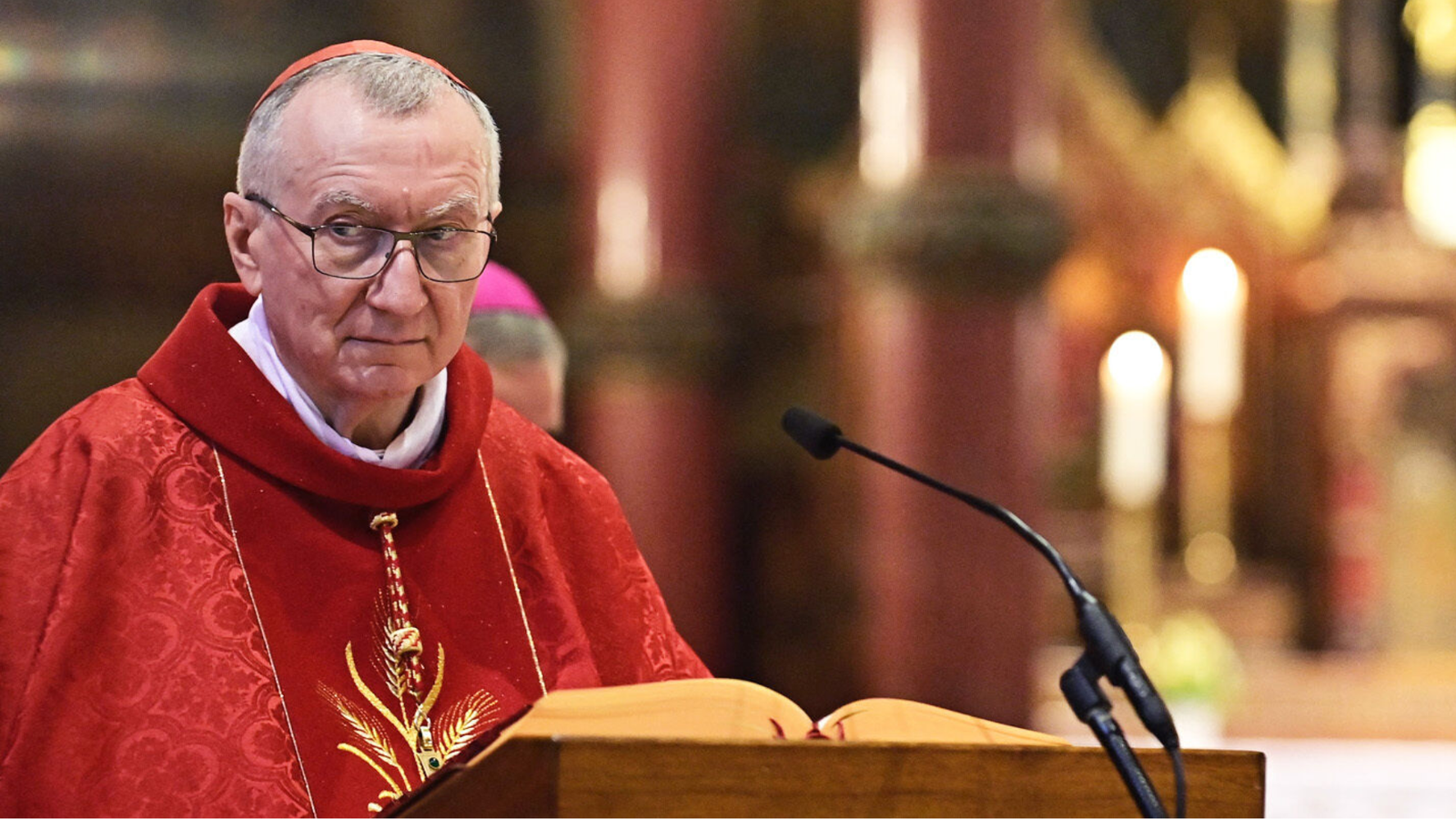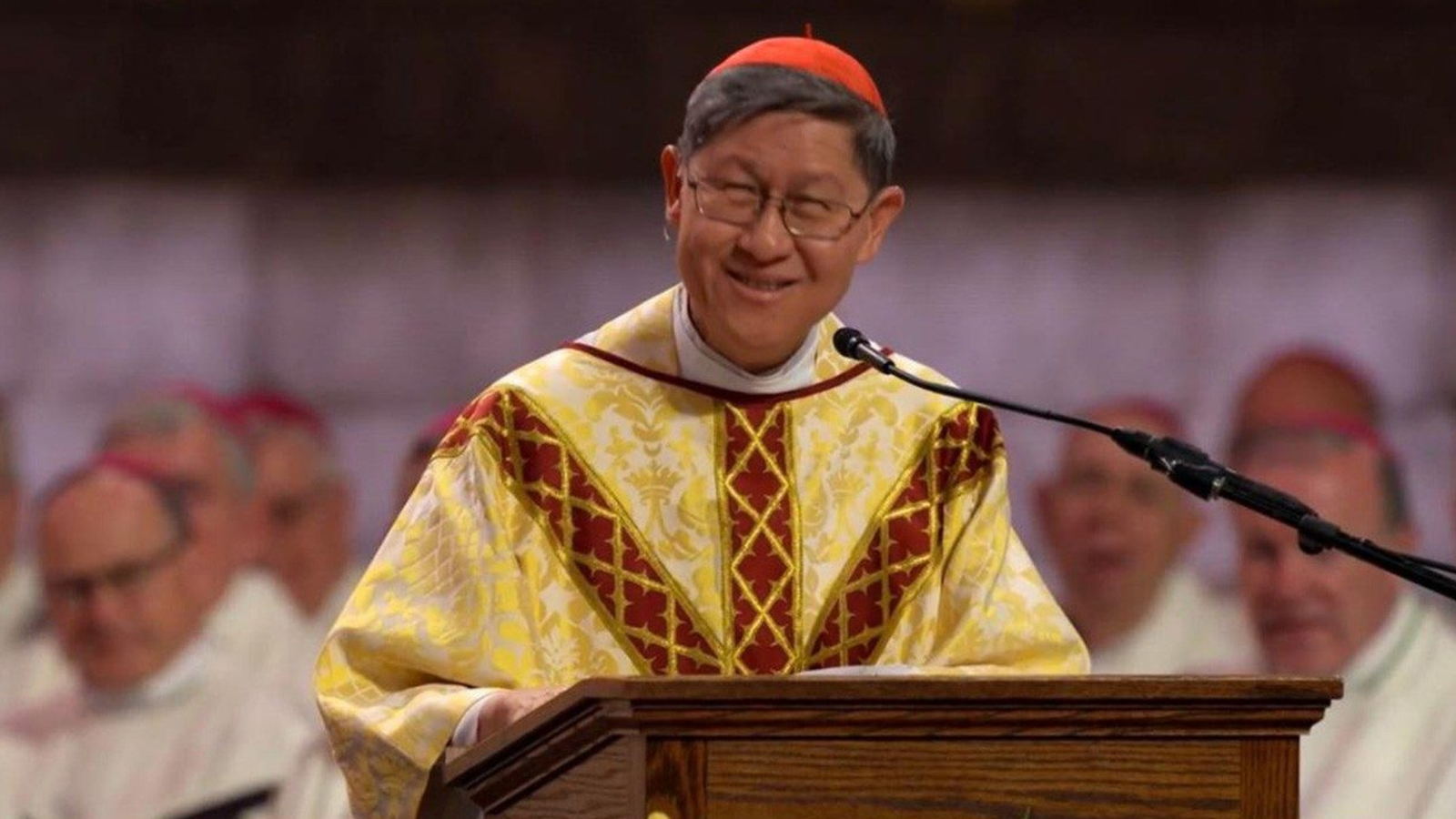
Pope Francis, who passed away Monday morning at the age of 88, was the oldest reigning pontiff in more than a century and a transformative figure who reshaped the tone and priorities of the Catholic Church.
His death has left a significant void in the Vatican, and while official preparations for the papal conclave have not yet been announced, private discussions on his potential successor are already underway.
Though technically any baptized male Catholic is eligible to become pope, since 1378 the papacy has been filled exclusively from within the Sacred College of Cardinals. This body of senior Church officials serves as the pope’s closest advisors and, upon his death, is responsible for electing his successor.
Currently, there are 252 members in the College of Cardinals, although not all are eligible to vote in the next conclave. Only those under the age of 80—currently 138 cardinals—can participate in the papal election.
The conclave, held in the Sistine Chapel, continues voting in rounds until a candidate achieves a two-thirds majority. Once that occurs, white smoke rises from the chapel’s chimney, signaling to the world that a new pope has been chosen.
As speculation intensifies, several high-profile cardinals have emerged as leading contenders to become the 267th pontiff. Each reflects different theological and geopolitical orientations within the global Church.
Cardinal Pietro Parolin, 70 – Italy
Seen by many Vatican insiders as a frontrunner, Cardinal Pietro Parolin currently serves as the Vatican’s Secretary of State—the highest-ranking position after the pope himself. Parolin, known for his quiet diplomacy and moderate political stance, is widely respected among his fellow cardinals and is considered a safe, continuity candidate.

His diplomatic career has taken him across Latin America, including key assignments in Mexico and Nicaragua. Appointed by Pope Francis in 2014, Parolin has played a central role in brokering the Vatican’s engagement with China and other complex geopolitical actors. He is often viewed as someone who could preserve the legacy of Pope Francis while fostering a more unified Church.
Cardinal Luis Antonio Tagle, 67 – Philippines
Often dubbed the “Asian Pope Francis,” Cardinal Luis Antonio Tagle is another leading candidate, known for his pastoral warmth and global outlook. Tagle serves as the pro-prefect for evangelization in the Dicastery for Evangelization and also heads the Interdicasterial Commission for Consecrated Religious.

Tagle has been outspoken about the Church’s need to show more compassion to marginalized groups, including LGBTQ individuals, divorcees, and single mothers.
In a 2015 interview, he criticized the Church’s traditionally “severe” stance toward these groups, arguing it had alienated many of the faithful. Such positions have made him a favorite among more progressive Catholics and a symbol of the Church’s shifting center of gravity toward the Global South.
Cardinal Peter Erdo, 72 – Hungary
For those in the Church who hope to see a more conservative leader follow Pope Francis, Hungarian Cardinal Peter Erdo stands out. He has taken firm positions on issues such as marriage, immigration, and Church doctrine.
Erdo has long opposed the reception of Holy Communion by divorced and remarried Catholics, citing the indissolubility of marriage. He has also diverged sharply from Francis on immigration, arguing that resettling large numbers of refugees could fuel human trafficking. His election would be seen as a clear signal of a return to doctrinal rigor.
Cardinal Fridolin Ambongo Besungu, 65 – Democratic Republic of Congo
A growing voice from Africa, Cardinal Fridolin Ambongo Besungu is seen by many as a potential standard-bearer for the continent’s increasingly influential Catholic population.
With Africa experiencing the fastest growth in Church membership globally, the idea of an African pope is no longer far-fetched.
Ambongo is firmly conservative, particularly on moral issues. In 2023, he joined other African bishops in rejecting Pope Francis’ directive that allowed blessings for same-sex couples, calling such practices “contrary to the will of God.” While this stance could alienate some progressive factions, it could also energize conservative cardinals looking for a shift in direction.
Cardinal Raymond Burke, 76 – United States
Perhaps the most controversial contender is Cardinal Raymond Burke of the U.S., who has been one of the most vocal critics of Pope Francis. A former archbishop of St. Louis, Burke is a staunch traditionalist and a strong advocate of the Latin Mass. He was made a cardinal by Pope Benedict XVI in 2010 and has since been an ideological counterweight to Francis’ more pastoral approach.
Burke has repeatedly challenged the Vatican’s messaging on issues such as contraception, same-sex relationships, and civil marriage. While his hardline positions might not attract the majority needed to secure the papacy, his influence within the conclave cannot be underestimated.
Cardinal Matteo Zuppi, 69 – Italy
Another Italian contender, Cardinal Matteo Zuppi, is often described as one of Pope Francis’ favored collaborators. As president of the Italian Episcopal Conference and the former Archbishop of Bologna, Zuppi has played an increasingly visible role in Vatican diplomacy.
In 2023, Zuppi was entrusted by Francis to lead peace efforts related to the war in Ukraine. He traveled to Kyiv, Moscow, and Washington, meeting with world leaders including President Zelenskyy and President Biden. Appointed cardinal in 2019, Zuppi is seen as someone who could continue Francis’ focus on dialogue, social justice, and peace-building.
What Comes Next?
While these names dominate current speculation, conclave politics often defy prediction. The cardinals will gather in Rome in the coming days for Pope Francis’ funeral and to prepare for the secretive and sacred process of electing his successor.
Whoever is chosen will inherit not only the vast spiritual responsibility of leading 1.3 billion Catholics worldwide, but also the challenges of a deeply divided Church, ongoing sexual abuse scandals, and growing cultural and geopolitical pressures.
Whether the next pope continues Francis’ legacy or marks a return to traditionalism remains to be seen—but the decision will undoubtedly shape the future of global Catholicism for decades to come.

